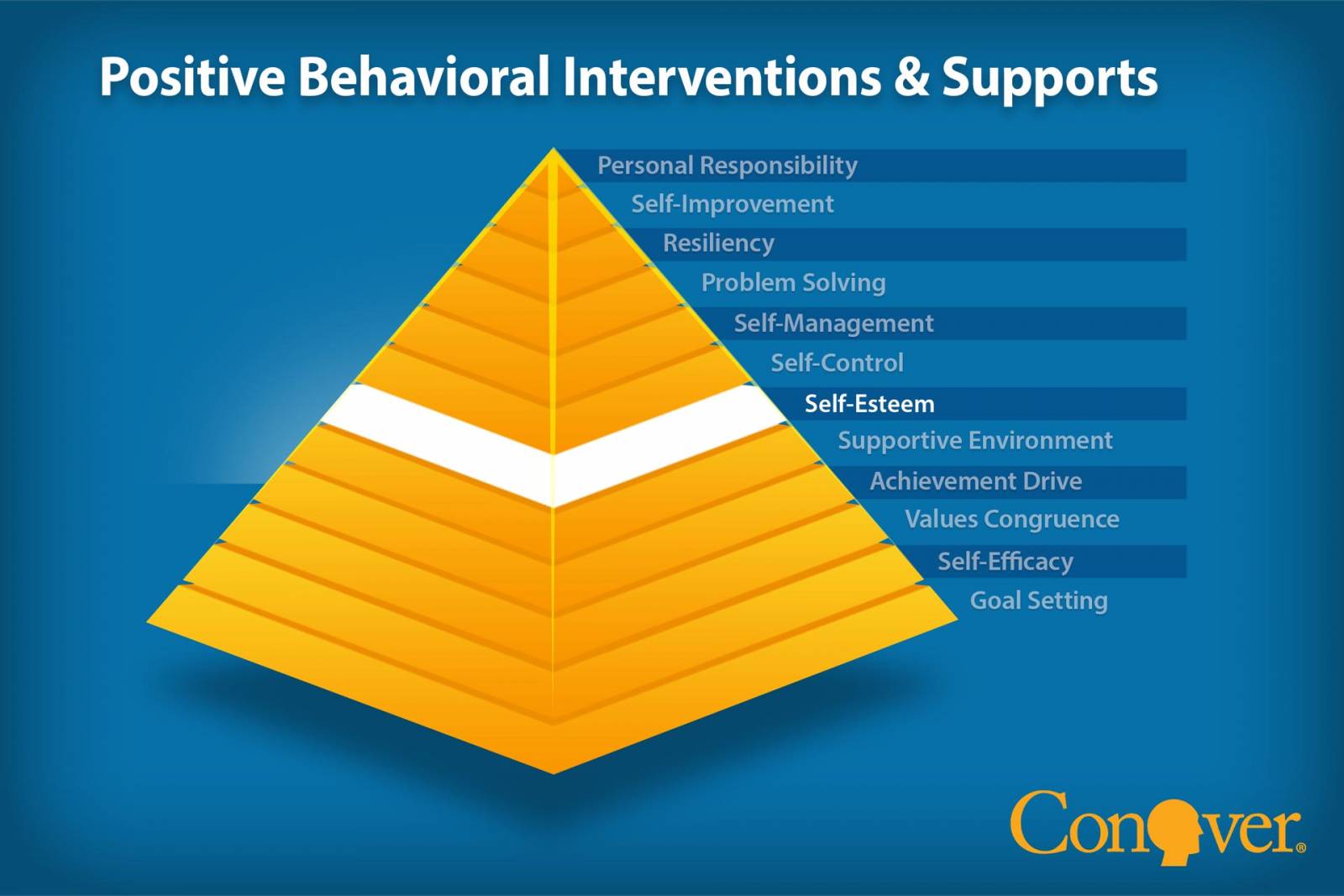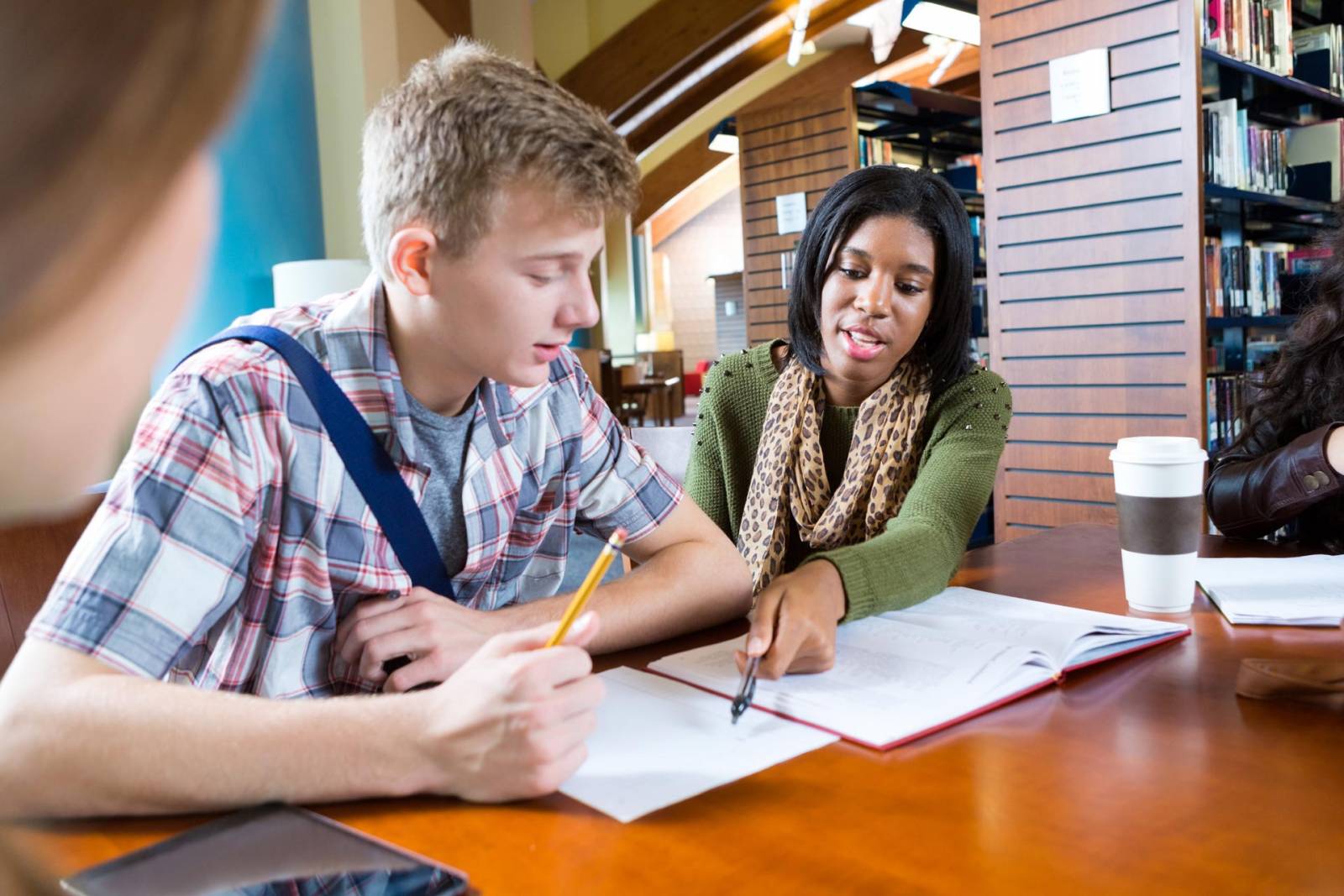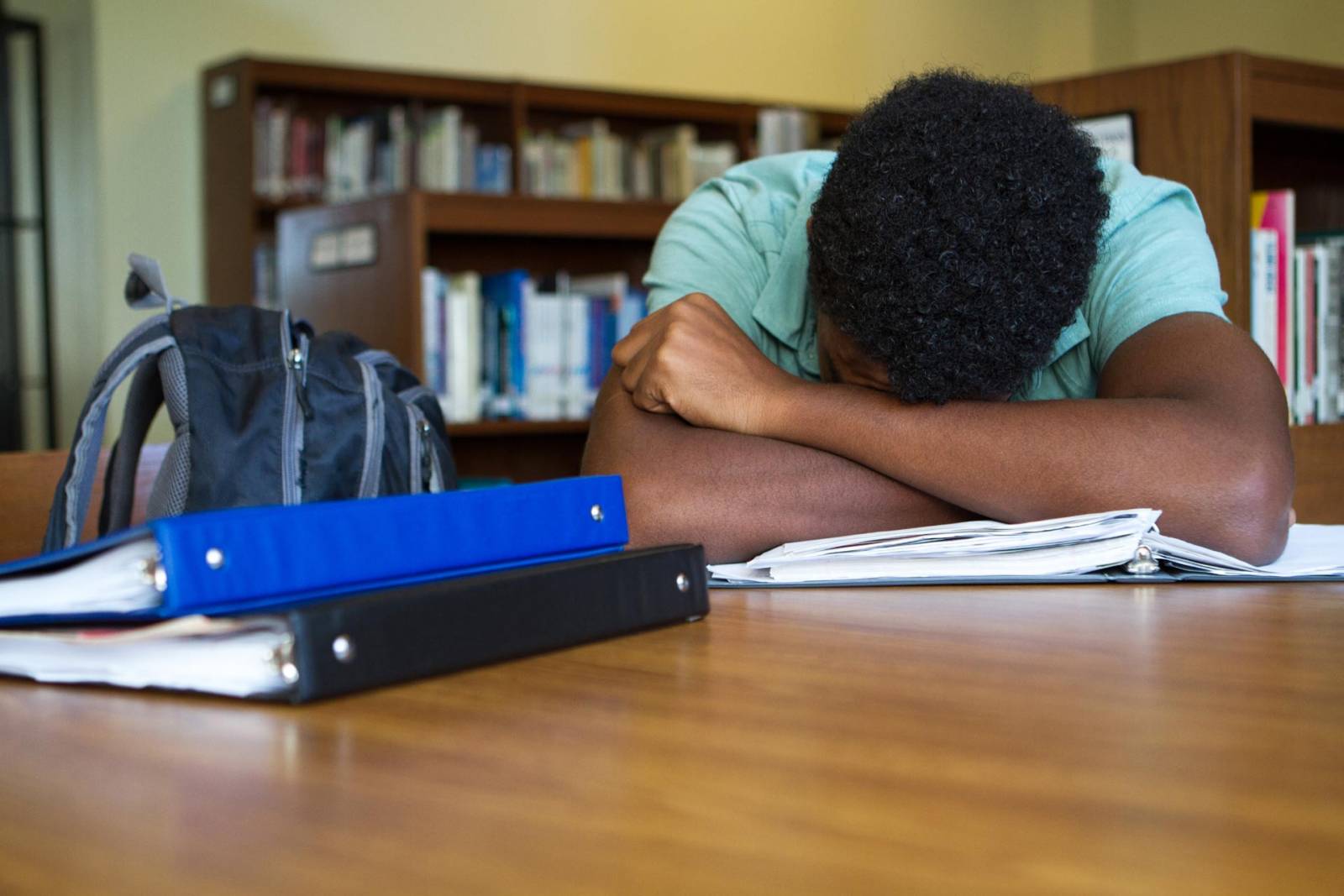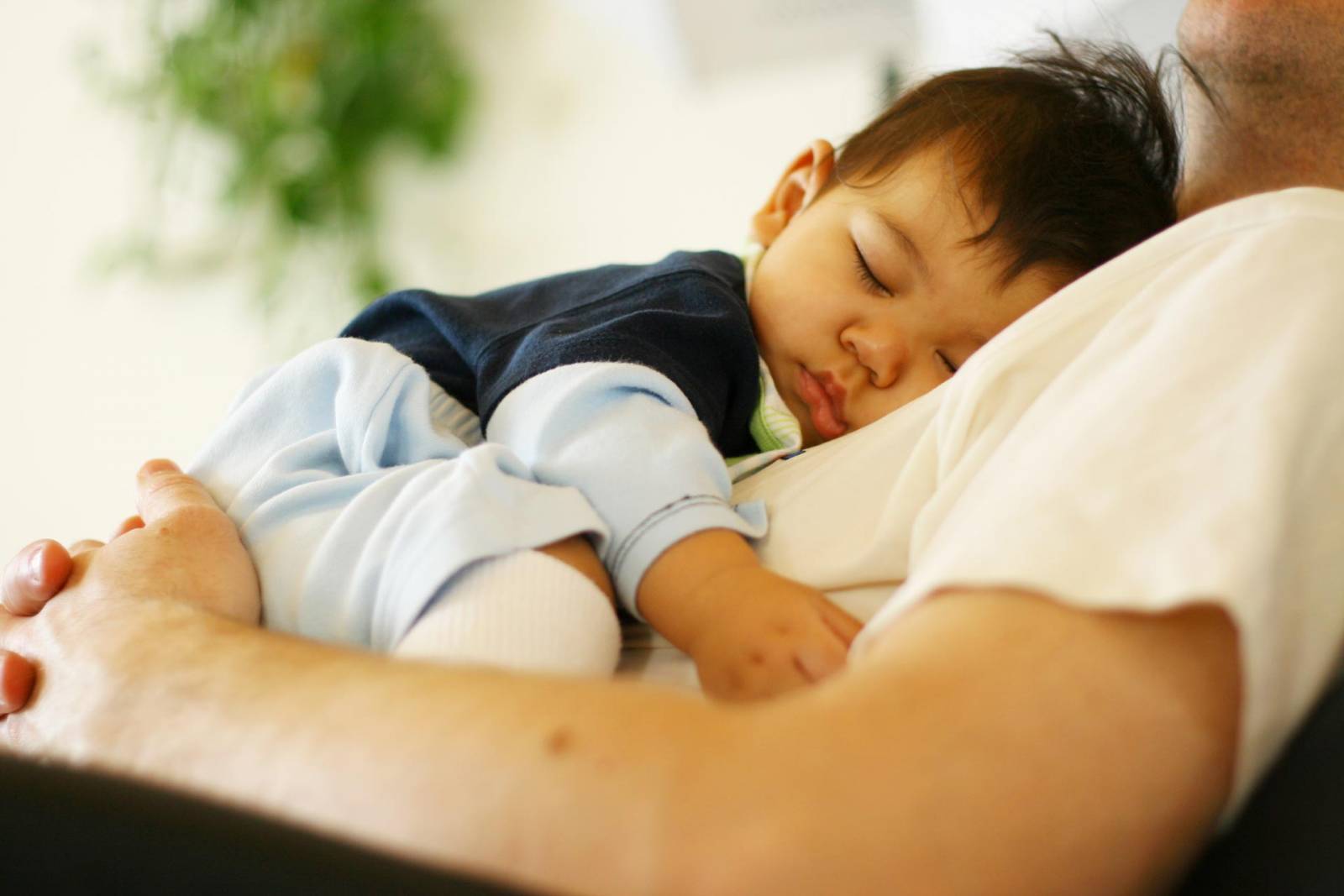
Positive Behavioral Interventions and Supports (PBIS) is a term that describes the proactive approach of establishing behavioral supports so that students can achieve social, emotional, and academic success. This definition blends the worlds of behavior intervention and academic instruction.

Much like a computer requires both hardware and software to function, PBIS understands that students must learn both behavioral skills as well as academic skills in order to be successful. The trend toward incorporating both academic and behavioral instruction into the classroom is growing because you cannot separate academic performance from social/emotional learning. Both are key ingredients for a student’s success in school, the workplace, and life in general.
Self-Esteem and Social/Emotional Learning
Perhaps the most basic skill, and the one most often overlooked in social/emotional development, is self-esteem. Self-esteem is the building block for all other characteristics of social/emotional development. Self-esteem is the level of personal satisfaction one has in relation to their attitudes, beliefs, and general behavior. In other words, it is the way someone feels about themselves at any given time. Self-esteem affects the way people react to the world. High self-esteem usually results in feelings of self-respect and self-worth. Low self-esteem is associated with negative feelings or dislike for oneself.

Some common behaviors that are displayed by individuals with low self-esteem are:
- Poor performance in the classroom
- Being quick to anger
- Being quick to blame
- Avoiding responsibility
- Having difficulty with people in charge
- Having difficulty in accepting criticism
- Trying to be perfect
- Excusing one’s failures
- Arrogance
- Avoiding close relationships
- Use of drugs and alcohol
How Self-Esteem Begins

Research has shown that young children, by the age of three to four years old, have already created a level of self-esteem that may stay with them for the rest of their lives. Children learn about self-esteem through verbal and non-verbal messaging. Something as simple as how one was treated as a child establishes future levels of self-esteem. If a child is consistently presented with negative messages, this can have a significant impact on how their self-esteem develops. This negative voice turns into a negative inner critic which replays negative messages over and over in their mind. With low self-esteem one’s inner voice says, “Things are going badly” even when they are not.
Can Self-Esteem change?

The key thing to remember is that self-esteem is a learned behavior. Low self-esteem can be unlearned and replaced with more positive thoughts and feelings. When improving self-esteem, the most important thing to focus on is the critical inner voice. The goal is to change negative messaging into positive messaging. With commitment and practice, low levels of self-esteem can be transformed into high levels of self-esteem. Our Personal Responsibility program is designed around an assessment and skill intervention system that will enable you to do just that with your PBIS program.
If you would like to learn how our Personal Responsibility Map can assess levels of self-esteem click the free trail link below.
